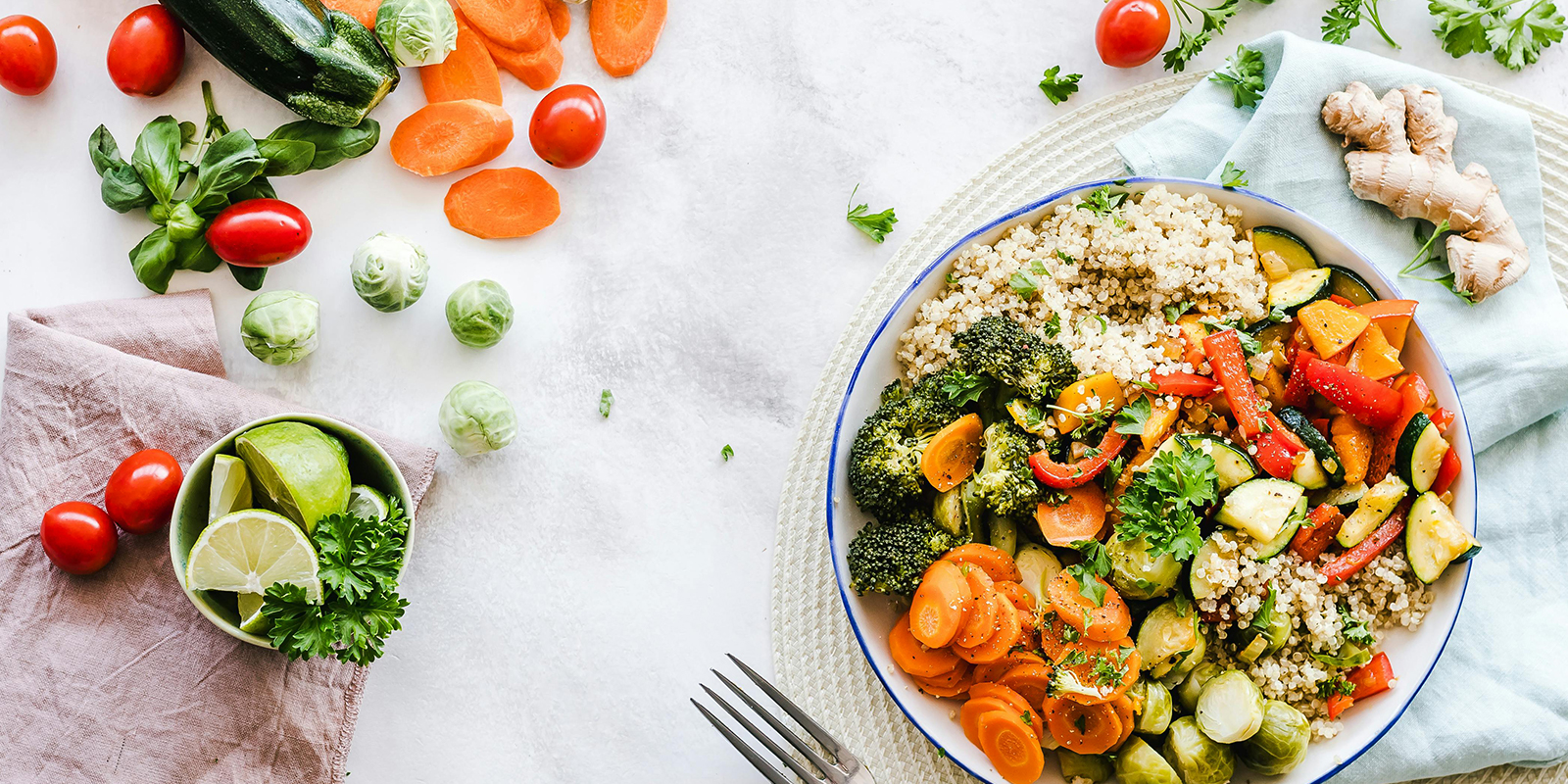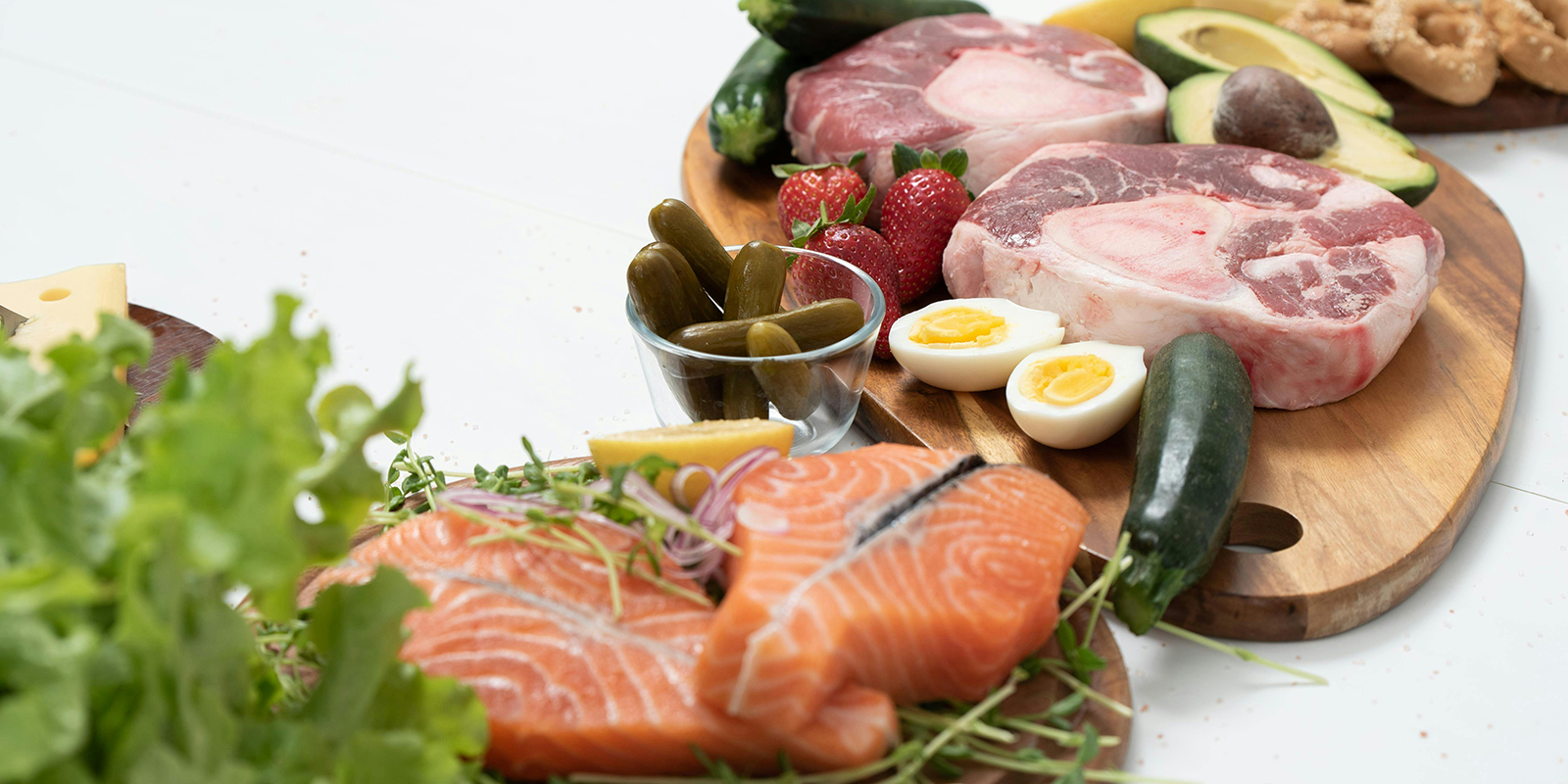
Eating for Healthy Skin: What FaceYogi Recommend
By Sumdela | Thursday, October 17, 2024
Your daily diet can affect the condition of your skin, for example, people who often eat spicy food may be more prone to acne because chili peppers contain capsaicin, which accelerates the secretion of oil from the epidermal layer thus clogging the pores and forming pimples.
A healthy diet will go a long way in developing glowing skin. According to research, a healthy diet that ensures the necessary daily nutrients, a balanced energy intake, and some face yoga workouts can help restore your skin to its optimal condition. Here are some professional recipes that FaceYogi has compiled for you.
Different Types of Diets and Recipes
“Everything you eat becomes part of not only your insides, but also the outer structure of your body. The healthier the food you eat, the better your skin will look,” says Samantha Heller, M.S., R.D.N., a clinical dietitian at New York University Medical Center in New York City.
Healthy food often feels tasteless, but with a week's worth of recipes customized to your situation, healthy eating doesn't have to become boring. There are many recipes available for you to choose from.
Vegetarianism
Veganism does not eat meat or fish and is primarily plant-based. Studies have shown that veganism reduces the risk of chronic diseases such as heart disease, high blood pressure and type 2 diabetes. Veganism is rich in nutrients, fiber and antioxidants.

Recommended Recipe:
Breakfast: Spinach and feta omelet with whole wheat toast.
Lunch: Quinoa salad with chickpeas, peppers and lemon sesame dressing.
Dinner: Vegetable scramble with tofu and brown rice.
Snack: hummus with carrots and cucumber sticks.
Ketogenic Diet
The key to the ketogenic diet craze that has taken off in recent years is to eat as many low-carb and sugar foods as possible, so the ketogenic diet contains very few vegetables and fruits, replacing them with bacon and some meats as a way to promote a state of ketosis, which causes the body to burn fat for fuel. But sugar intake is so important for skin and mood health that the ketogenic diet has not been recommended by facial yoga experts. Nutrient enrichment is even more important if you want to take care of your skin through diet.

Studies have shown that it can be effective for weight loss and controlling blood sugar levels, but it may not be for everyone.
Recommended Recipe:
Breakfast: scrambled eggs with avocado and cheese.
Lunch: grilled chicken, bacon and blue cheese dressing with Cobb salad.
Dinner: zucchini noodles with pesto and shrimp.
Snack: cheese slices or a handful of nuts.
3. Fish-vegetarian diet
The Fish and Vegetarian Diet is a diet that consists of eating more fish and seafood than other meats, and seafood is rich in omega-3 fatty acids, which are good for your heart.
Recommended recipes:
Breakfast: Greek yogurt parfait with granola and mixed fruit.
Lunch: Tuna salad with mixed vegetables, avocado and vinaigrette.
Dinner: grilled salmon with asparagus and quinoa.
Snack: Seaweed snack on whole wheat crackers or smoked salmon.
Gluten-free Diet
A gluten-free diet is essential for people with celiac disease or gluten sensitivity. This diet is free of wheat, barley and rye. It is considered by many to be beneficial for digestive health, but requires careful planning to avoid nutritional deficiencies.

Recommended Recipes:
Breakfast: overnight oats, made with gluten-free oats, almond milk and fruit.
Lunch: quinoa bowl with roasted vegetables and sesame dressing.
Dinner: Grilled chicken with sweet potatoes and steamed broccoli.
Snack: rice crackers with peanut butter or gluten-free protein bar.
Healthy skin starts with diet. Here are the basic dietary guidelines:
Consuming healthy fats is essential for healthy skin. Sources such as avocados, nuts, seeds and fatty fish such as salmon provide omega-3 fatty acids that help maintain skin elasticity and moisture. Olive oil is another good choice, rich in antioxidants that prevent skin damage.
To promote healthy skin, limit processed foods, sugary snacks, and excessive dairy as they can lead to inflammation and acne. Also, avoid trans fats in fried and baked goods as they can disrupt skin function and lead to premature aging.
Conclusion
Meal planning doesn't have to be a daunting task. By understanding different dietary preferences, creating a flexible meal plan and employing some smart strategies, you can ensure that everyone at the table is satisfied. Remember, the key to successful meal planning is variety and creativity, allowing you to explore new flavors while satisfying all your diners. Have fun cooking!






